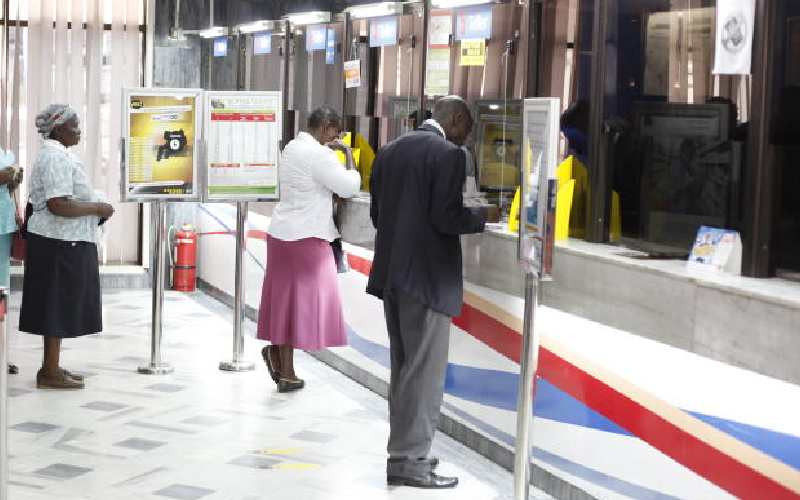×
The Standard e-Paper
Kenya’s Boldest Voice

Post Bank headquarters banking hall on 16th September 2016. [Wilberforce Okwiri, Standard]
Up until recently, opening a bank account meant having to visit a physical branch, meeting face-to-face with a bank representative, and signing documents.